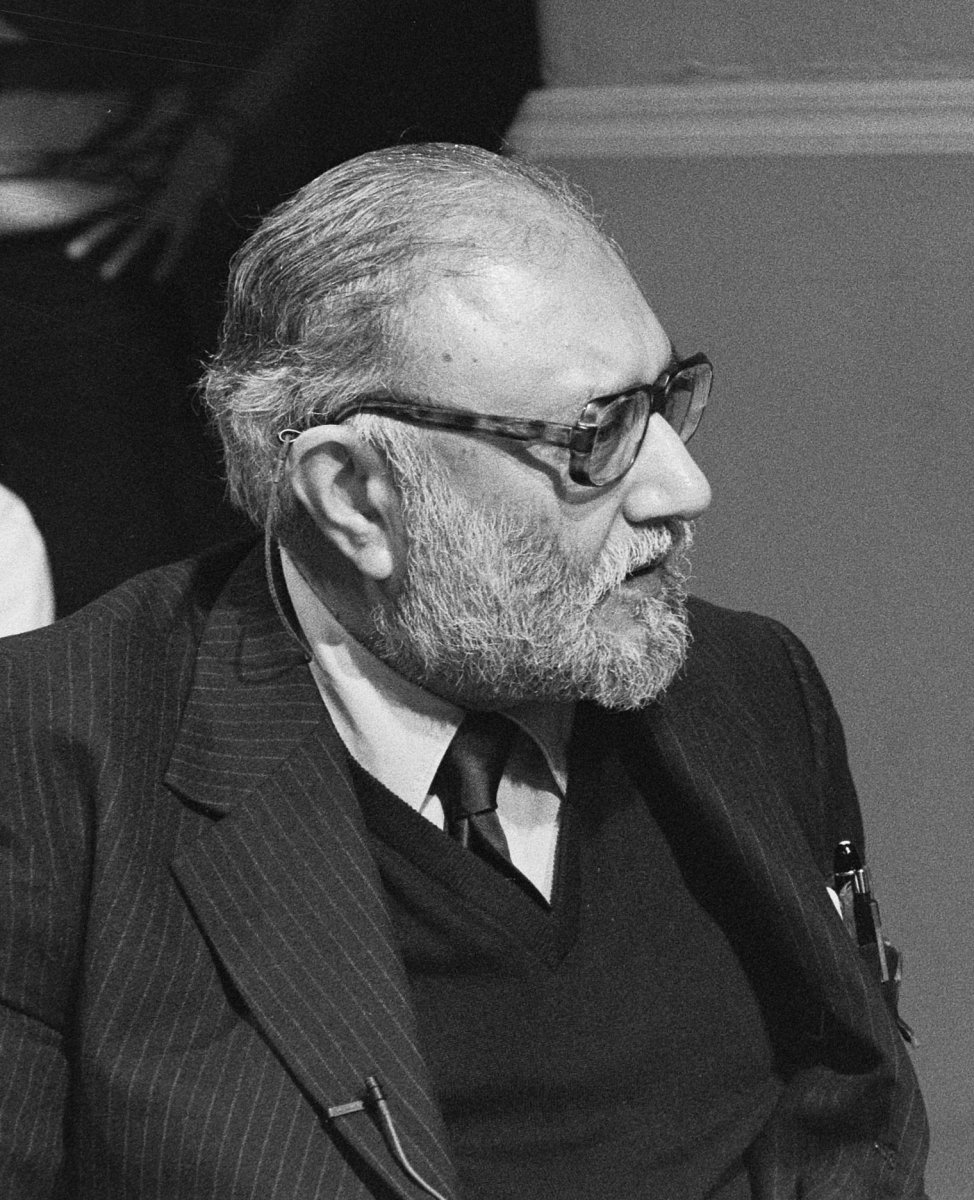Abdus Salam, Pakistani-English physicist and academic, Nobel Prize laureate (b. 1926)
Mohammad Abdus Salam (; pronounced [əbd̪ʊs səlaːm]; 29 January 1926 – 21 November 1996) was a Pakistani theoretical physicist and a Nobel Prize laureate. He shared the 1979 Nobel Prize in Physics with Sheldon Glashow and Steven Weinberg for his contribution to the electroweak unification theory. He was the first Pakistani and the first from an Islamic country to receive a Nobel Prize in science and the second from an Islamic country to receive any Nobel Prize, after Anwar Sadat of Egypt.Salam was scientific advisor to the Ministry of Science and Technology in Pakistan from 1960 to 1974, a position from which he
played a major and influential role in the development of the country's science infrastructure. Salam contributed to numerous developments in theoretical and particle physics in Pakistan. He was the founding director of the Space and Upper Atmosphere Research Commission (SUPARCO), and responsible for the establishment of the Theoretical Physics Group (TPG). For this, he is viewed as the "scientific father" of this program. In 1974, Abdus Salam departed from his country, in protest, after the Parliament of Pakistan passed unanimously a parliamentary bill declaring members of the Ahmadiyya Muslim community, to which Salam belonged, non-Muslims. In 1998, following the country's Chagai-I nuclear tests, the Government of Pakistan issued a commemorative stamp, as a part of "Scientists of Pakistan", to honour the services of Salam.Salam's notable achievements include the Pati–Salam model, magnetic photon, vector meson, Grand Unified Theory, work on supersymmetry and, most importantly, electroweak theory, for which he was awarded the Nobel Prize. Salam made a major contribution in quantum field theory and in the advancement of Mathematics at Imperial College London. With his student, Riazuddin, Salam made important contributions to the modern theory on neutrinos, neutron stars and black holes, as well as the work on modernising quantum mechanics and quantum field theory. As a teacher and science promoter, Salam is remembered as a founder and scientific father of mathematical and theoretical physics in Pakistan during his term as the chief scientific advisor to the president. Salam heavily contributed to the rise of Pakistani physics within the global physics community. Up until shortly before his death, Salam continued to contribute to physics, and to advocate for the development of science in third-world countries.

1996Nov, 21
Abdus Salam
Choose Another Date
Events on 1996
- 10Feb
Garry Kasparov
IBM supercomputer Deep Blue defeats Garry Kasparov in chess for the first time. - 13May
Bangladesh
Severe thunderstorms and a tornado in Bangladesh kill 600 people. - 10Jun
Sinn Féin
Peace talks begin in Northern Ireland without the participation of Sinn Féin. - 4Sep
Revolutionary Armed Forces of Colombia
War on Drugs: Revolutionary Armed Forces of Colombia (FARC) attack a military base in Guaviare, starting three weeks of guerrilla warfare in which at least 130 Colombians are killed. - 25Nov
Florida
An ice storm strikes the central U.S., killing 26 people. A powerful windstorm affects Florida and winds gust over 90 mph, toppling trees and flipping trailers.

 English
English  español
español  français
français  português
português  русский
русский  العربية
العربية  简体中文
简体中文